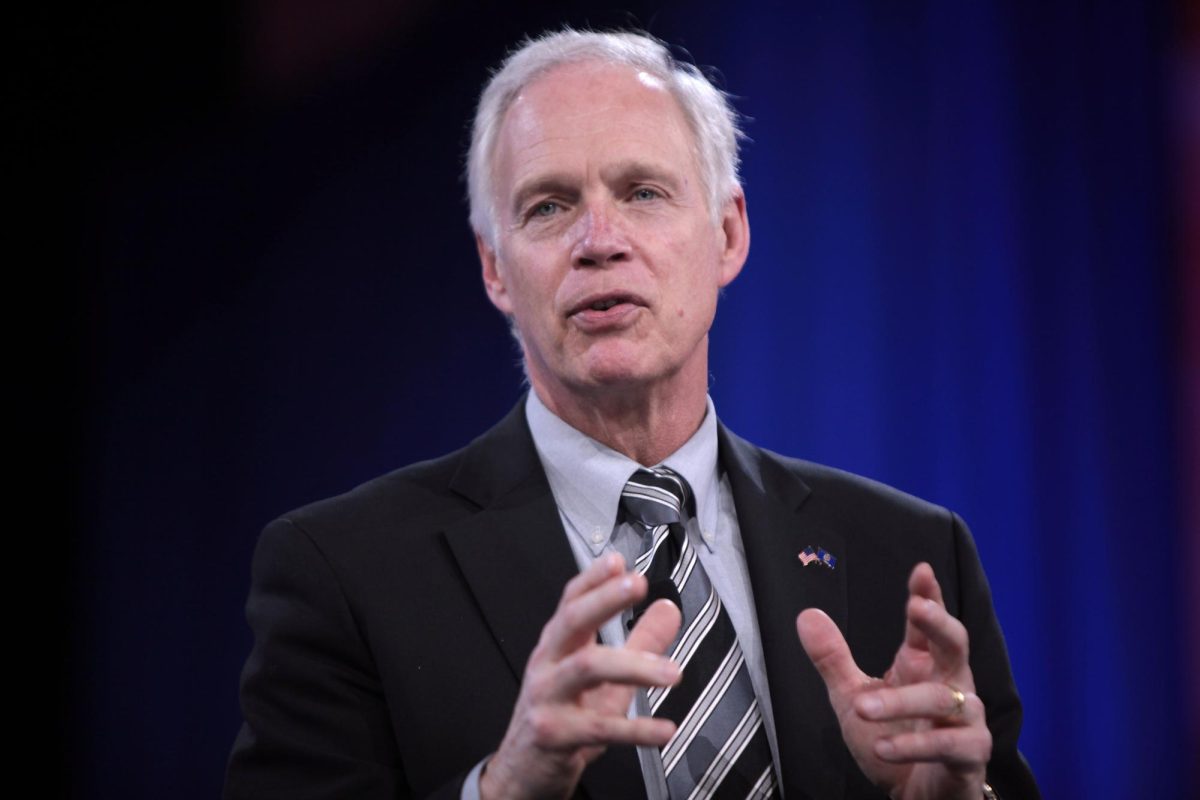In the wake of the decision to eliminate the Deferred Action for Childhood Arrivals by the Trump Administration, UW Oshkosh administrators said they have heard from concerned students and are preparing for the uncertain future of the program.
The executive order, DACA, also known as the Dream Act, was created by the Obama Administration in 2012 to allow young people who were illegally brought into the U.S. as children to obtain permission to work, study and earn a driver’s license without fear of deportation.
For a young person to be considered a DACA recipient they must be enrolled in high school, college or the military and have a clean criminal record. Recipients are able to renew DACA every two years.
According to U.S. Citizenship and Immigration Services, there are 14,823 total DACA recipients in Wisconsin.
In a statement sent to UWO, Chancellor Andrew Leavitt said the University stands with the Dreamers during the uncertainty.
“I, like the vast majority of the leaders of institutions across this country, fully support DACA and hope the president will allow it to continue,” Leavitt said. “As educators, we recognize the immense power and foundational nature education has played in the evolution of human civilization. We must lower the barriers of access to anyone who seeks to better themselves and their communities through education.”
Dean of Students Art Munin said the program was created for young people who have called the U.S. their home for their entire lives.
“It’s a plan so that [students] can essentially come out of the shadows,” Munin said. “They can register for school, and they can even work and can keep advancing their life in a positive way. It was never a plan or a path to citizenship outright, but was a humanitarian way to take care of children who were brought here who didn’t have a choice to where they were brought up.”
The act will be removed in six months unless Congress acts in providing a safety net for students covered by DACA, and this has perturbed students who are directly affected, Munin said.
“I have absolutely heard directly from students with concerns,” Munin said. “There is a lot of fear and anxiety of just not knowing where you are going to exactly go and what your plan is going to be. DACA didn’t solve everyone’s problems, but it gave you a road map forward and now that road map is in serious question.”
Students who are DACA recipients are protected at UWO, despite UWO being a public university, Munin said.
“Our university records are protected by [The Family Educational Rights and Privacy Act of 1974], so any student is protected by FERPA,” Munin said. “It is essentially the federal guideline that says we need to keep educational records private. Even if a federal agency were to call us and said they wanted information on this student, they would need some other legal paperwork that pierced the records or pierced FERPA.”
Munin said there is a possibility that with DACA repealed, students could lose more than their permission to work and study.
“It is possible that students may lose their in-state tuition, but it isn’t clear yet as to what the actual ripple will be,” Munin said. “I think we are all hoping Congress will act in such a way that a new path will be identified, but we are still trying to figure out what those effects will be.”
Munin said UWO is working to help students who are affected by the removal of DACA.
“We are trying to provide every piece of support that we can to students,” Munin said. “Whether it is through the Dean of Students office as an advocacy network or counseling the real and emotional toll this is having on people.”
Associate Vice Chancellor Sylvia Carey-Butler said Associate Vice Chancellor for Enrollment Management Brandon Miller and Munin are working together on solutions to support students in the upcoming uncertain months.
“We certainly want to know how we can support students on campus,” Carey-Butler said. “Although we don’t know who they are, and we are thinking of ways on how we might support students who are undocumented on this campus.”
Carey-Butler said UWO wants to make sure DACA students are successful and continue to feel a part of the community.
“We don’t want to politicize it,” Carey-Butler said. “We want to ensure that every student feels welcome on this campus. The nature of the Dreamers are that some of them feel comfortable speaking out about this issue, while many don’t.”
As a collective, the Student Organization of Latinos submitted a letter to the chancellor thanking him for his comments, Carey-Butler said.
“I am not surprised that the Student Organization of Latinos decided to have a formal letter to the chancellor,” Carey-Butler said. “They are not asking a lot, but asking him to release another statement campus-wide regarding the Dreamers so that it shows that UW Oshkosh is in support for DACA students.”
Munin said students here can help by empathizing and understanding how uncertain the future is for DACA students.
“It’s fearful that not knowing where your forever home is going to be and not feeling like you have the power to say where your forever home is going to be,” Munin said. “Speaking as myself, as someone who has been born in this country, I can’t even imagine what that stress would feel like. If this is an issue you are passionate about, get involved. This is what advocacy is for; this is what active citizen engagement is about.”








